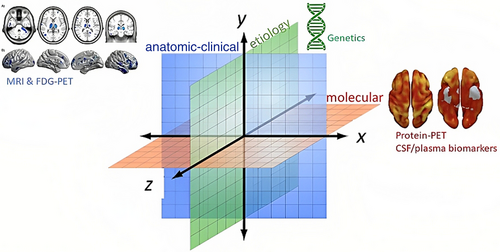First recognized by Morris Bender in 1956, the disorder was named transient global amnesia (TGA) by C. Miller Fisher and Raymond Adams two years later. Since then, there has been much speculation about the pathophysiology of TGA.
Nonconvulsive epileptic seizures, migraine, paradoxical embolism via a patent foramen ovale, and particularly transient ischemic attacks have been proposed as potential mechanisms. In 1995, Attarian and colleagues reported an individual with transient amnesia who also had cerebral thrombophlebitis. Subsequently, the concept that pure TGA may result from venous congestion with hippocampal ischemia developed, and debate arose between those who believed ischemia triggers TGA and those who advocated a venous dysfunction as the cause.
This debate is not purely academic because the treatment of these patients could be very different depending on what is believed to provoke the disorder. In the last few years, increasing evidence has tipped the balance in favor of the venous hypothesis.
Nonconvulsive epileptic seizures, migraine, paradoxical embolism via a patent foramen ovale, and particularly transient ischemic attacks have been proposed as potential mechanisms. In 1995, Attarian and colleagues reported an individual with transient amnesia who also had cerebral thrombophlebitis. Subsequently, the concept that pure TGA may result from venous congestion with hippocampal ischemia developed, and debate arose between those who believed ischemia triggers TGA and those who advocated a venous dysfunction as the cause.
This debate is not purely academic because the treatment of these patients could be very different depending on what is believed to provoke the disorder. In the last few years, increasing evidence has tipped the balance in favor of the venous hypothesis.
Full text
Reference:
Menéndez González M, Rivera MM. Transient global amnesia: increasing evidence of a venous etiology. Arch Neurol. 2006 Sep;63(9):1334-6

